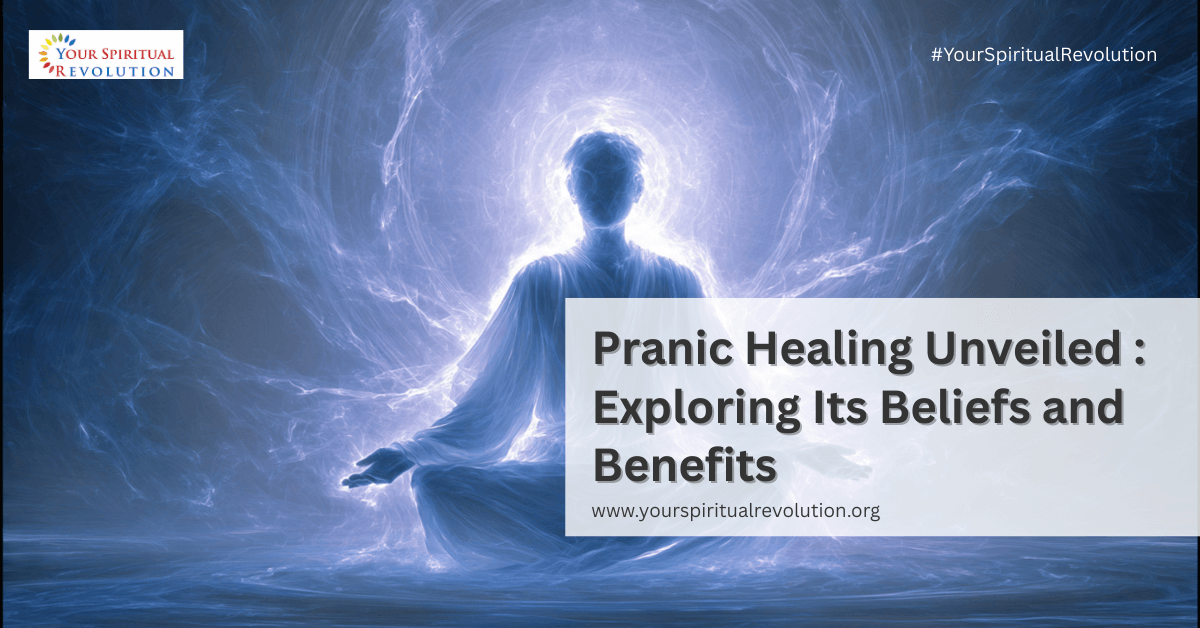
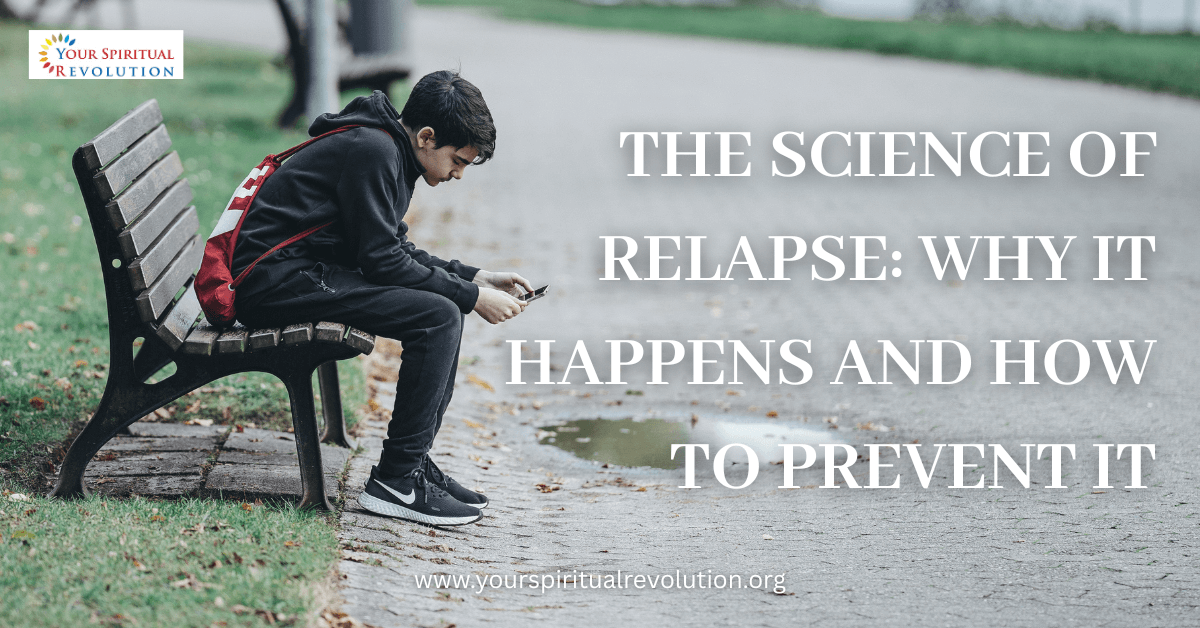
Sometimes, when things are going well, people believe they don’t need support anymore. They may skip meetings, therapy, or self-care routines, leading to increased risk.

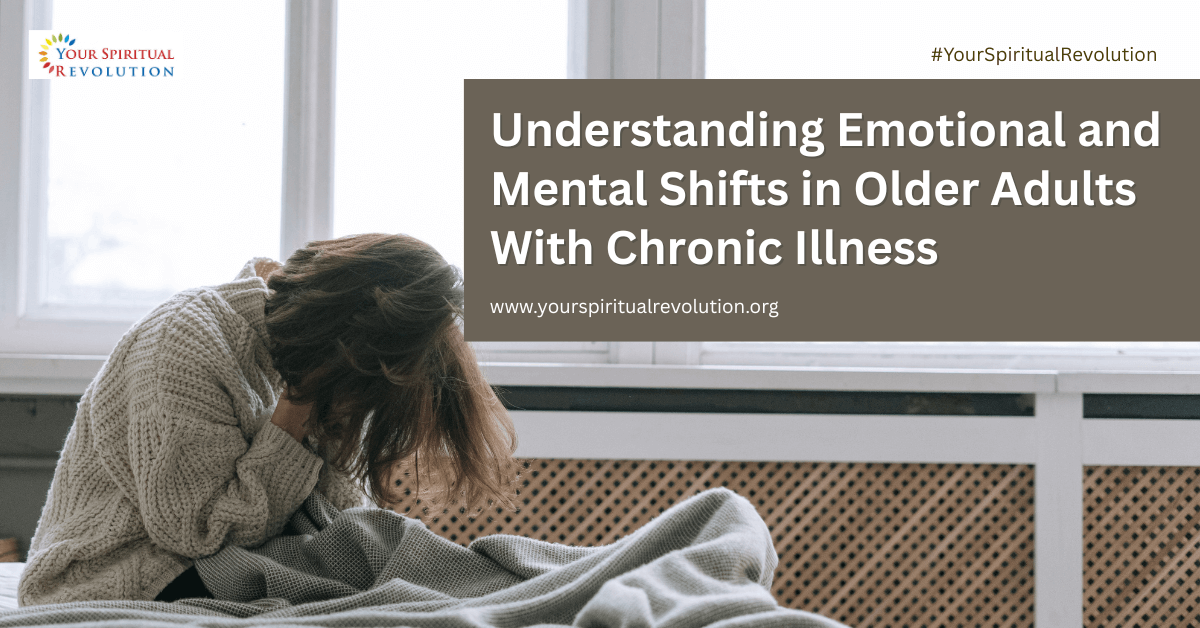

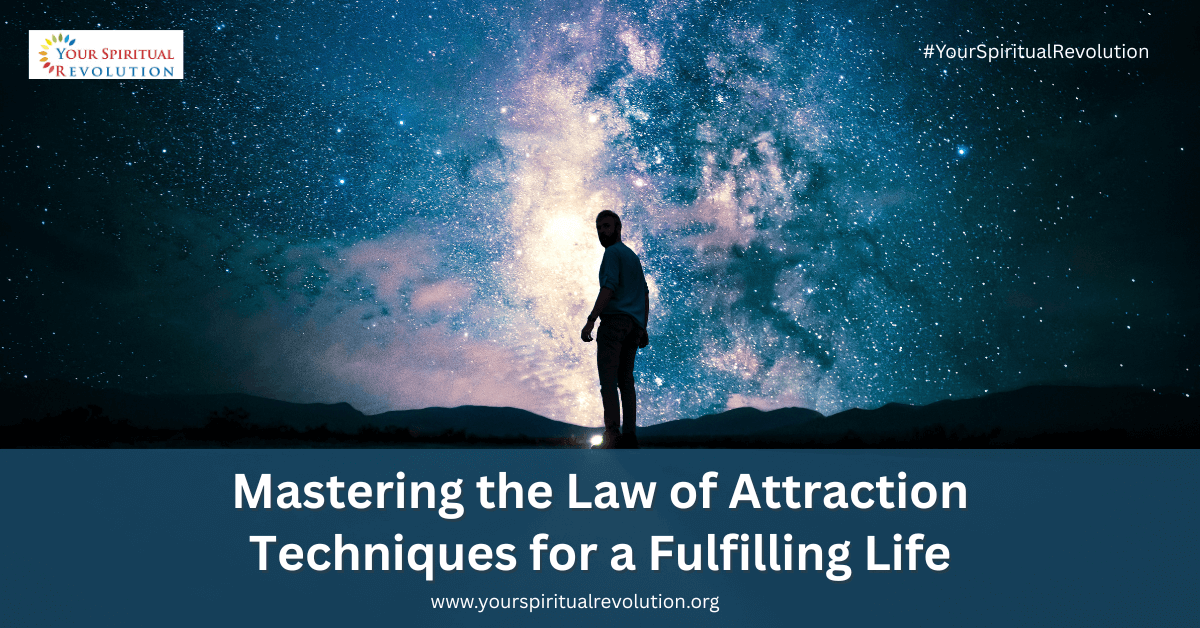











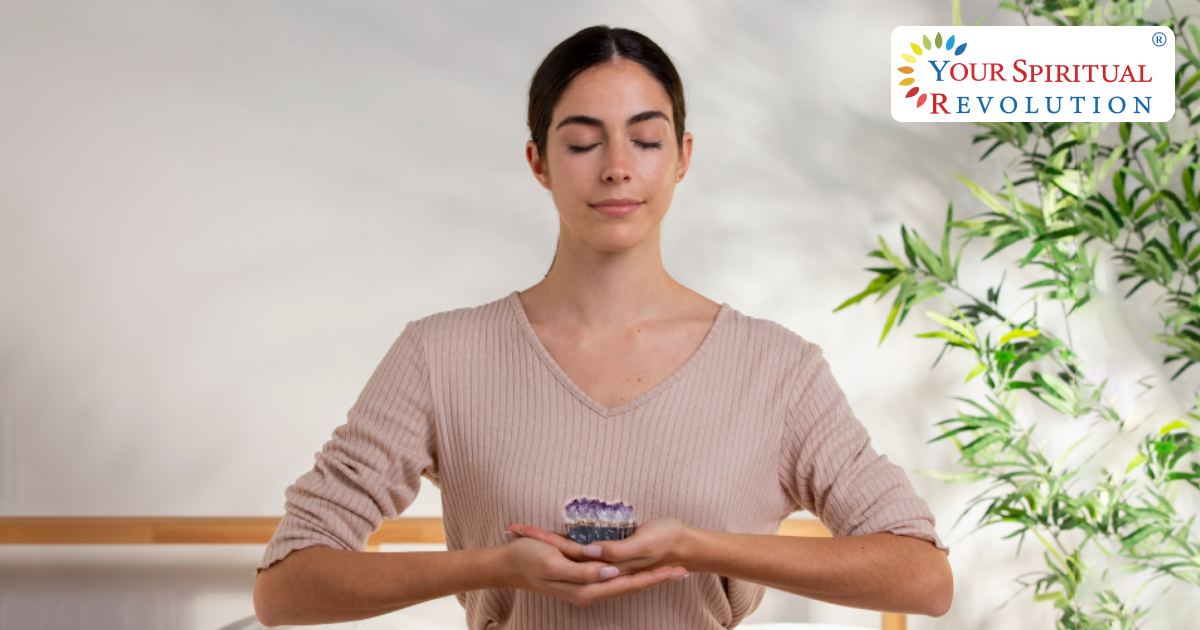



















































Pranic Healing is an intriguing form of energy healing that draws from ancient traditions to

Introduction Caring for an older adult with a long-term autoimmune condition can be emotionally complex.

Manifestation, rooted in the New Thought movement, is the powerful concept of transforming desires into

The Law of Attraction is a compelling New Thought philosophy suggesting that our thoughts and

Mudras, symbolic gestures predominantly performed with hands and fingers, hold deep significance across Hinduism, Jainism,
| Cookie | Duration | Description |
|---|---|---|
| cookielawinfo-checkbox-analytics | 11 months | This cookie is set by GDPR Cookie Consent plugin. The cookie is used to store the user consent for the cookies in the category "Analytics". |
| cookielawinfo-checkbox-functional | 11 months | The cookie is set by GDPR cookie consent to record the user consent for the cookies in the category "Functional". |
| cookielawinfo-checkbox-necessary | 11 months | This cookie is set by GDPR Cookie Consent plugin. The cookies is used to store the user consent for the cookies in the category "Necessary". |
| cookielawinfo-checkbox-others | 11 months | This cookie is set by GDPR Cookie Consent plugin. The cookie is used to store the user consent for the cookies in the category "Other. |
| cookielawinfo-checkbox-performance | 11 months | This cookie is set by GDPR Cookie Consent plugin. The cookie is used to store the user consent for the cookies in the category "Performance". |
| viewed_cookie_policy | 11 months | The cookie is set by the GDPR Cookie Consent plugin and is used to store whether or not user has consented to the use of cookies. It does not store any personal data. |